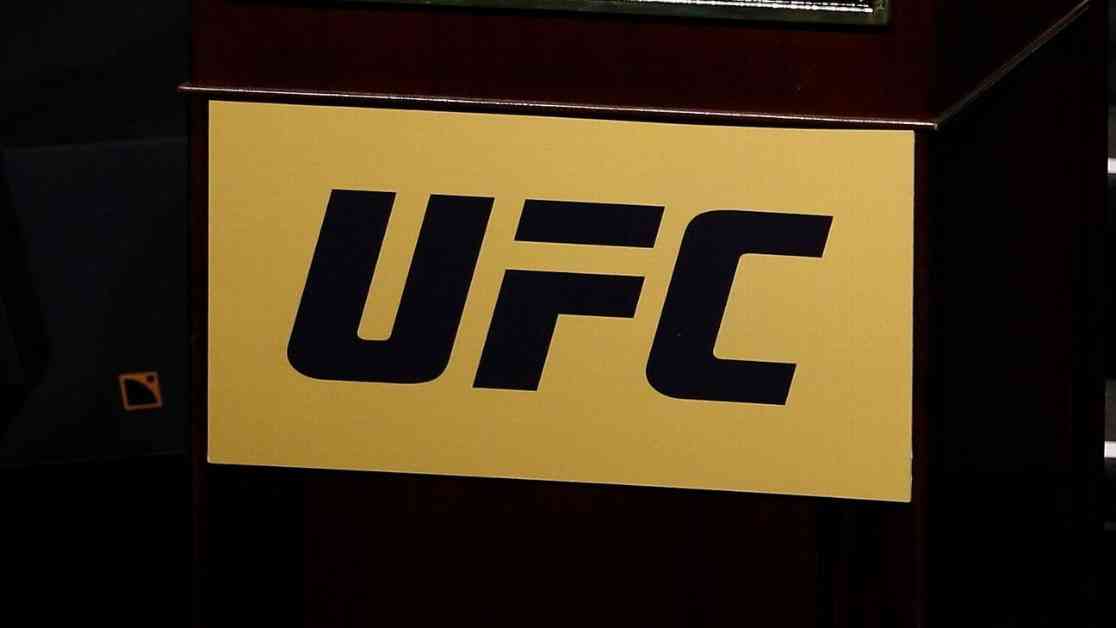The UFC, the world’s leading mixed martial arts promotion, has settled a significant antitrust lawsuit for $375 million in the case of Le v. Zuffa. This settlement marks a new chapter in a legal battle that has been ongoing for years, with former fighters alleging that the UFC violated antitrust laws by underpaying athletes and engaging in practices that harmed other MMA promoters.
Settlement Details
The settlement was reached between TKO Group, the UFC’s parent company, and the plaintiffs of the Le v. Zuffa case. This agreement exceeds the previously proposed $335 million settlement that was rejected by Judge Richard Franklin Boulware II of the U.S. District Court of Nevada in July. The UFC is now hopeful that the judge will approve this new settlement and bring the litigation to a close.
In a statement released following the filing to the Securities and Exchange Commission, the UFC addressed the settlement in the Cung Le case. However, the disclosure did not mention a separate antitrust lawsuit led by former UFC fighter Kajan Johnson. The UFC stated, “We have reached a revised agreement with Plaintiffs to settle the Le case with terms that we believe address Judge Boulware’s stated concerns. While we believe the original settlement was fair, we feel it is in the best interest of all parties to bring this litigation to a close.”
Legal Background
The antitrust lawsuit dates back to 2014 when Zuffa, the parent company of the UFC, was accused of violating antitrust laws by allegedly paying UFC fighters less than they were entitled to and harming other MMA promoters in the process. The lawsuit also alleges that the UFC has gained an unfair advantage in the industry through anticompetitive tactics and acquiring “monopsony power” in the market for elite professional MMA fighter services.
The UFC has defended itself by stating that it has made significant investments in the sport and pointing out the emergence of rival promotions over the past three decades as evidence of a competitive market. However, the allegations of anticompetitive behavior have persisted, leading to the lengthy legal battle that has now culminated in this $375 million settlement.
Implications and Future
The settlement in the Le v. Zuffa case has significant implications for the UFC and the MMA industry as a whole. It sends a message that antitrust laws will be enforced and that companies engaging in anticompetitive practices will face consequences. The $375 million settlement also serves as a reminder of the financial impact of legal battles on businesses, even those as prominent as the UFC.
As the legal process moves forward, the focus will now shift to the second antitrust lawsuit led by Kajan Johnson. The process is still in the early stages, with a motion to dismiss the complaint pending. The outcome of this case will further shape the legal landscape for the UFC and could have broader implications for the MMA industry.
In conclusion, the UFC’s $375 million settlement in the Le v. Zuffa antitrust lawsuit marks a significant milestone in a legal battle that has spanned several years. The settlement reflects the complexities of antitrust laws in the sports industry and underscores the importance of fair competition and transparency. As the legal process continues, the implications of this settlement will be closely watched by fighters, promoters, and fans alike.








